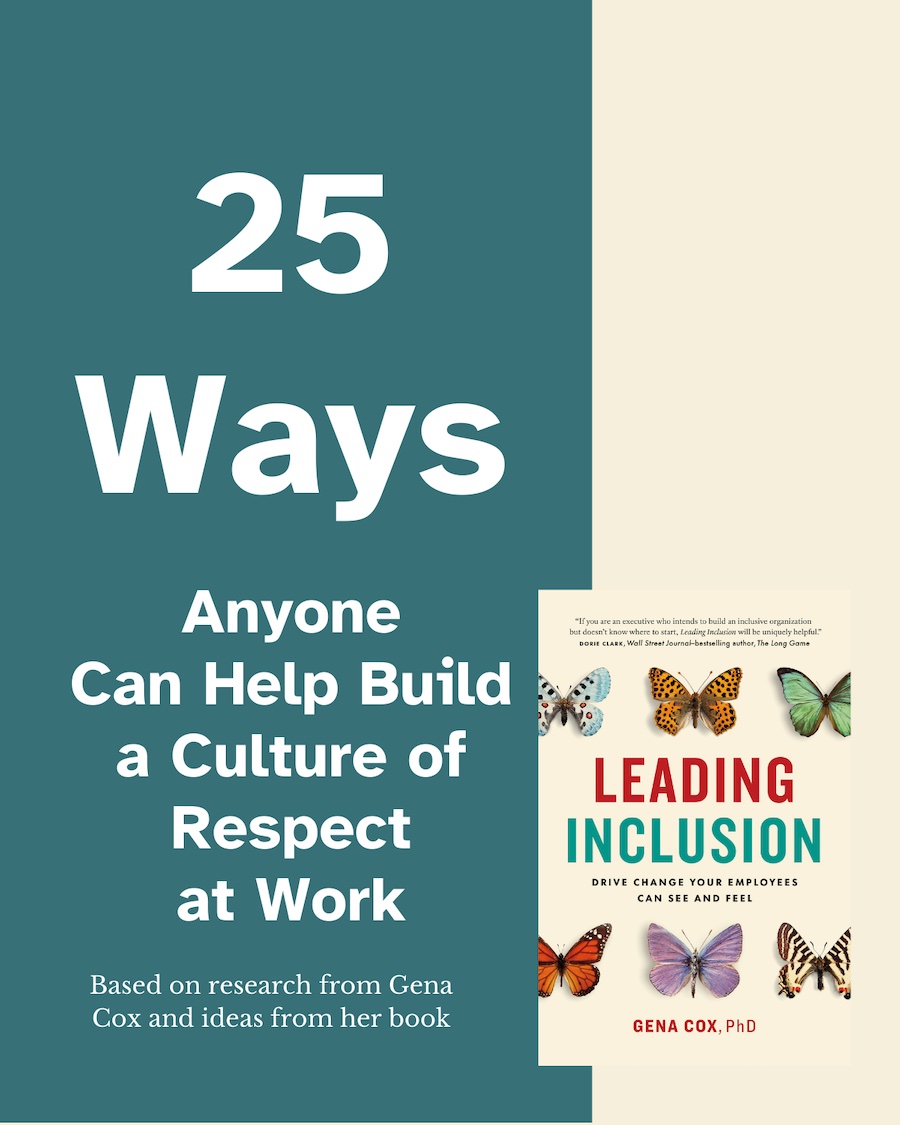How To Respond If Your Employee Accuses You Of Discrimination

We know that increased workforce diversity supports positive business outcomes – and is the right thing to do. But it’s also true that more frequent interactions with colleagues whose age, gender, race, sexual orientation, gender identity, neurodiversity, etc., differ from yours may increase misunderstandings. So what happens when an employee accuses you – a leader genuinely trying to do your best – of discriminatory behavior?
As an executive coach and organizational psychologist with over 25 years of experience advising senior leaders, I’ve coached many leaders in similar challenging situations. An employee who received a negative performance review accused one of my clients of racial bias. Another faced allegations of religious discrimination because my client’s presentation was scheduled on a holiday their employee observed. It’s easy to imagine a leader becoming defensive when accused of something they feel is untrue and inaccurate. However, with the right approach, leaders can work through these issues and even improve relationships with the accusing employees. Here are four actions that can guide leaders through this challenging terrain.
Sort Out What’s Really Going On
Listen carefully to understand the core issue and the employee’s perspective. Determine if the concerns are genuinely about discrimination or stem from other frustrations. For example, an employee passed over for a promotion or high-visibility opportunity might label this as discrimination, especially if the leader did not explain the reasons for their decision. Once you understand what is triggering the employee’s reaction, you may be able to clarify and even decelerate the situation. This approach will help you manage your emotions and guide your response.
Ask clarifying questions like:
- What did I do or say that caused you to react so strongly?
- Tell me more about that.
- What I am hearing you say is that you felt _______ when I said/ did
Recognize Everyone’s Deep Emotions
Emotions will run deep, and both you and the employee must feel psychologically safe. Acknowledge the emotions involved for both parties. The employee may feel anger, hurt, and fear, while you might feel shocked, offended, and worried about your reputation. Convey respect by letting them know you see them, hear them, and value what they share. Feeling defensive as you worry about the threat to your professional reputation would also be natural.
You could say, “Thanks for coming to talk with me about this. I know how difficult this must be for you.”
You can also let the employee know you are surprised by their accusation and want the situation resolved quickly and fairly. For example, you could say, “I had no idea I was having this effect on you; that was not my intention.”
It is reasonable to assume the employee is looking for a solution in which you could work together more effectively in the future. However, it would be best to protect yourself from the possibility that something you say now could be used against you. Actions like the following can help minimize misunderstandings that could make the situation worse:
- Use neutral language: Avoid making definitive statements or admissions.
- Avoid making promises: Don’t commit to specific actions or outcomes before thoroughly investigating the situation.
- Maintain confidentiality but not secrecy: Assure the employee of privacy, but don’t promise absolute confidentiality if company policy requires reporting.
Encourage the employee to identify potential solutions by asking, “What would have to change so you could have the desired experience you are not having now?”
Manage Your Interactions After The Initial Conversation
Decide whether to handle this conversation privately or involve others (such as HR). If you believe the employee approached you intending to find a collaborative solution, you may opt to resolve the issue directly. If this direct approach works, it offers the additional advantage of enhancing mutual trust and strengthening the relationship. If you resolve it directly, document the conversation and agreed-upon next steps.
A decision to involve HR carries some benefits – it can provide the organization with legal protection. It may be required, but it also escalates the situation and can bring scrutiny neither of you prefers. Once HR is engaged, you will have less control over the process and outcome. Balancing these factors, use your judgment on the best path forward to address the employee’s concerns fairly while minimizing disruption.
Maintain a professional relationship with the employee in the following weeks. Continue regular interactions and check-ins, resisting the urge to withdraw. Use statements like:
- I appreciate your patience as HR thoroughly investigates this matter. I will share any updates with you as soon as I receive them.
- How are you feeling about our interactions and the overall work environment since raising your concerns? Is there anything I could be doing differently?
Practice Both Self-Reflection And Self-Care
Being accused of discrimination can be deeply unsettling. Take care of your well-being during this challenging time. Consider developing sustainable practices like yoga or identifying a trusted friend for support.
Accusations of discrimination can be emotionally charged and complex – and require nuanced leadership actions. By approaching these situations with empathy, open-mindedness, and a commitment to inclusion, leaders can navigate these challenges and emerge with stronger, more resilient teams.









